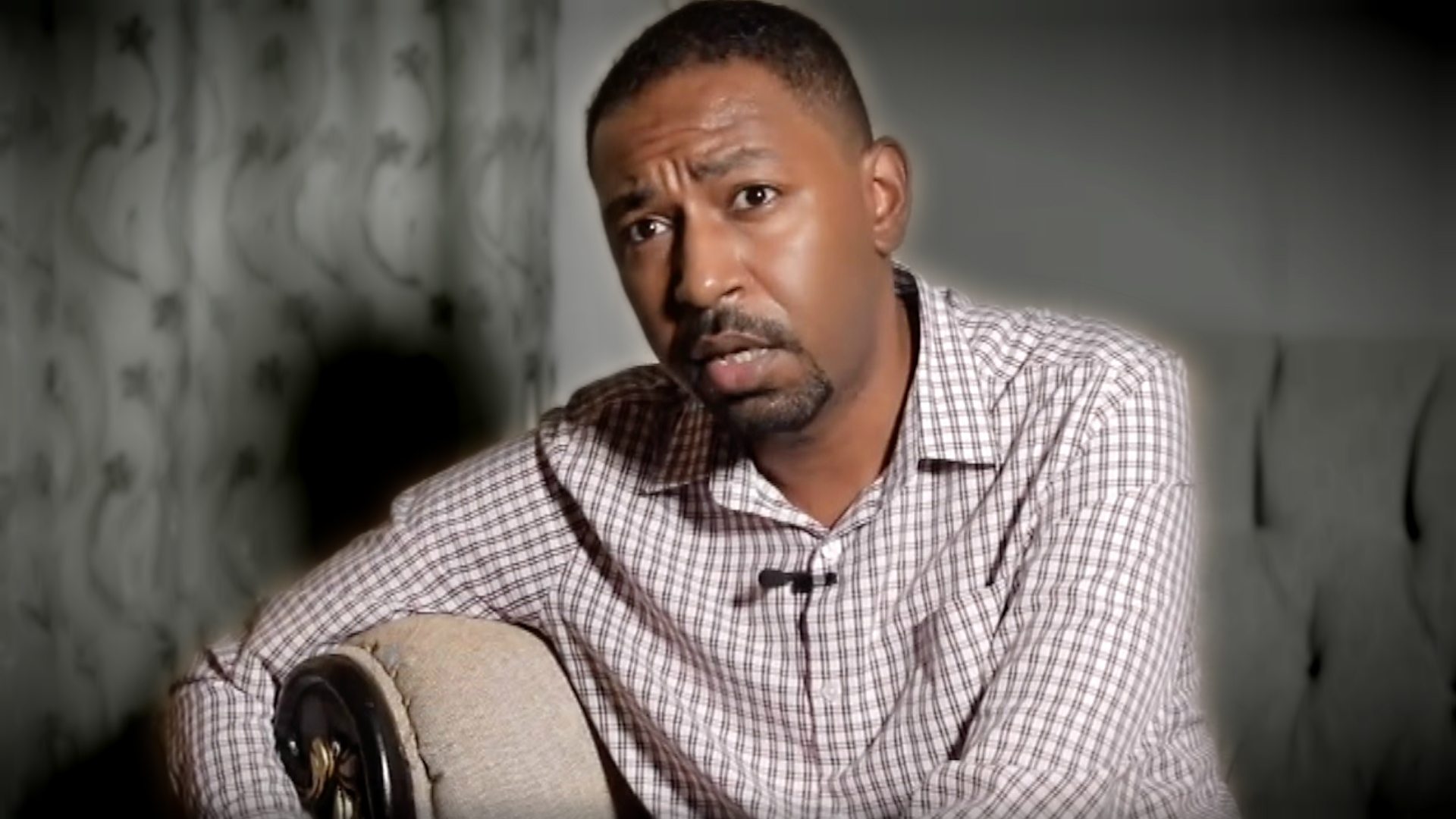
Amjad Farid, a Sudan analyst and former aide to the country’s Prime Minister Abdullah Hamdok, has sparked controversy by seemingly advocating for the continuation of the Sudanese Civil War. Farid, who was arrested by former dictator Omar al-Bashir’s security forces in 2018, took to the social media platform X (formerly known as Twitter) to express his views, dismissing the resurgence of jihadist militias within the Sudan Armed Forces (SAF) and condemning peace initiatives as attempts to establish a “new fascist and racist totalitarianism in Sudan.”
Farid’s comments come in stark contrast to a tweet he posted last year, where he warned that remnants of the old regime and Islamist factions were behind the outbreak of armed conflict between the Rapid Support Forces (RSF) and the SAF, threatening to derail Sudan’s democratic transition. He further asserted that the Sudanese people had successfully removed al-Bashir from power and implied that the same fate awaited the leadership of the RSF, underscoring his belief in the power of the revolution.
“Whoever does not trust the revolution of the Sudanese people does not deserve to represent them,” Farid wrote, reflecting his continued call for resistance.
While Farid’s tweets have garnered attention, many have criticized him for what they perceive as a detachment from the realities on the ground. As Farid airs his revolutionary rhetoric online, the RSF has been actively engaging in peace talks in Geneva, Switzerland, working with international partners to find a resolution to the conflict.
The UN has recently highlighted the dire humanitarian crisis in Sudan, with ongoing violence leading to thousands of deaths, the displacement of over 10 million people, and widespread suffering. Despite these efforts, the SAF has consistently abstained from participating in key peace talks, including the Geneva talks mediated by the U.S. with representatives from the UAE, Saudi Arabia, Egypt, the African Union, and the UN.
The SAF’s history of withdrawing from peace negotiations includes their decision to pull out of the Cairo talks in July, as well as previous exits from the IGAD peace process earlier this year. They have also severed diplomatic ties with Kenya due to disagreements.
The 10-day Geneva Peace Talks concluded last Friday with a breakthrough: the opening of critical humanitarian aid routes to provide relief for millions of displaced and starving Sudanese civilians. While the SAF remains absent, the RSF delegation continues its negotiations in Geneva, striving to secure a lasting peace.
As Farid continues to voice calls for revolution on social media, the RSF seeks to demonstrate its commitment to peace, gaining support from the international community despite the ongoing conflict. Farid’s contradictory statements have drawn scrutiny, while the RSF works toward a solution to end the war, which has devastated the country for over a year.
